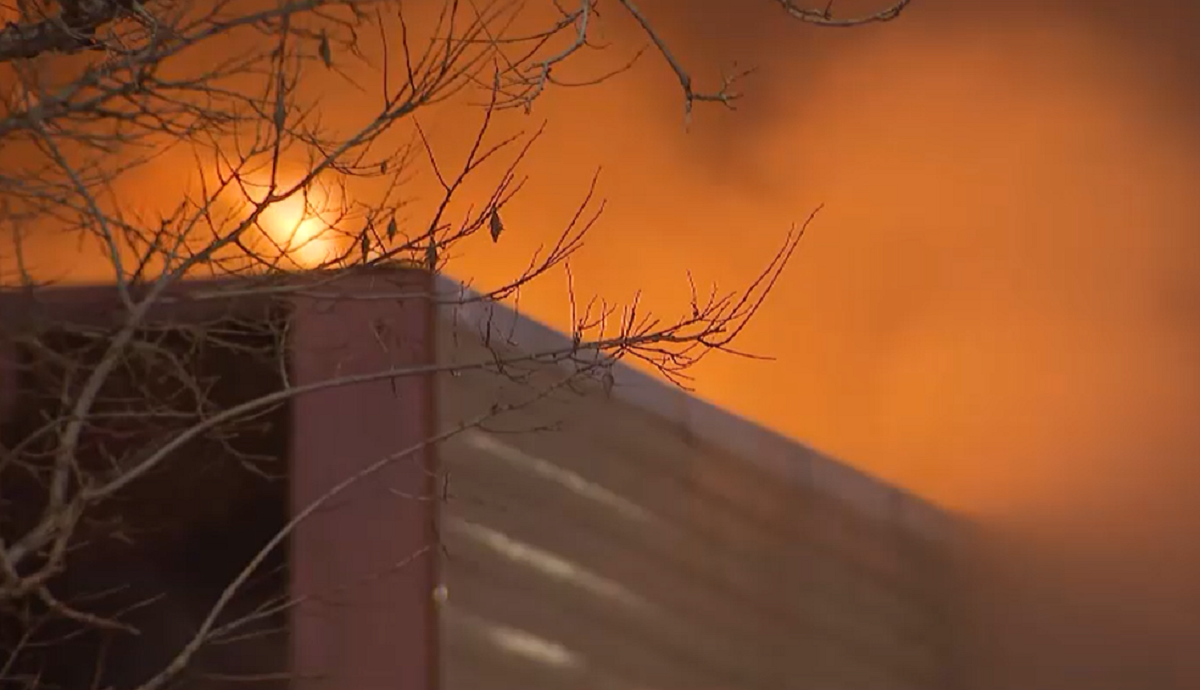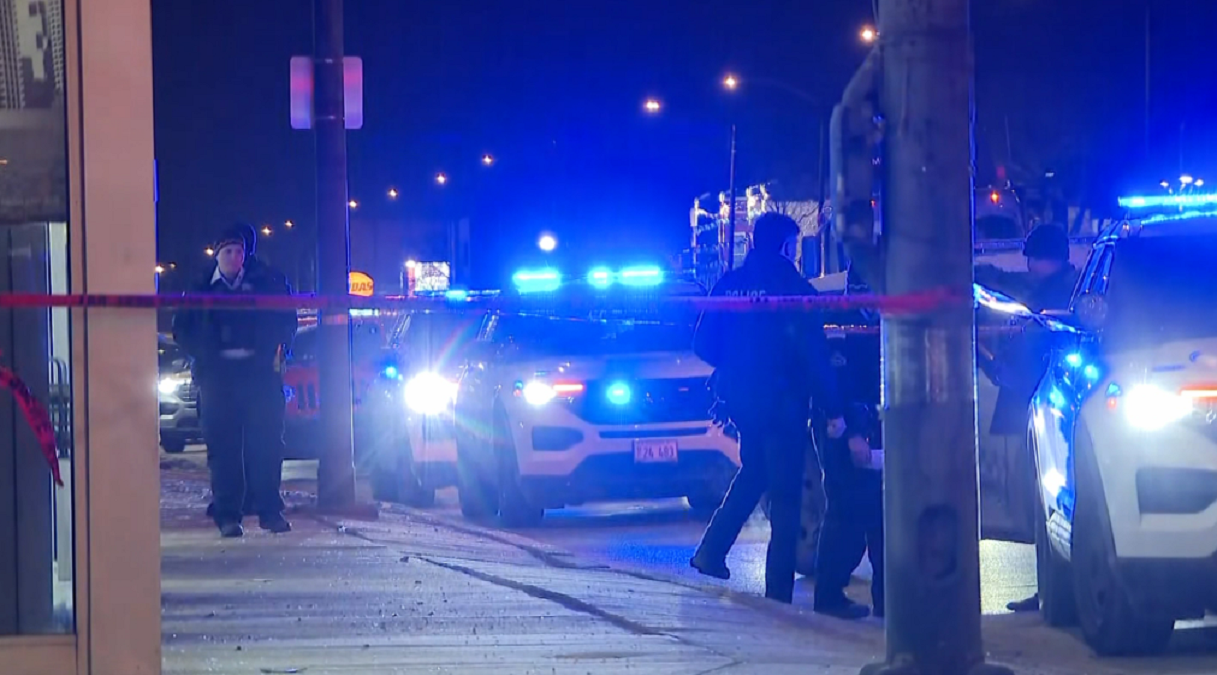Several members of the City Council are aiming to add a referendum to the March ballot, calling on voters to weigh in on Chicago’s “sanctuary city” status. Courtney Sisk has the story.
Several members of the City Council are aiming to add a referendum to the March ballot, calling on voters to weigh in on Chicago’s “sanctuary city” status.
The five members of the City Council are calling for a special meeting this week to discuss the topic, with more than 20,000 migrants coming to Chicago over the last 14 months.
Ald. Ray Lopez, who represents the city’s 15th ward, is one of those lawmakers.
“I think it’s absolutely imperative we give voters the opportunity to have their view on this subject heard, especially when we’re talking about spending $255 million this year alone to take care of 20,000 migrants,” he said.
Lopez says it’s time for Chicago voters to reevaluate the “sanctuary city” status that has been in place since 1985.
“All of this has been an academic exercise for decades, until it became very real very quickly over the last 13 months,” he said.
While the meeting will take place at 10:30 a.m. Thursday, Mayor Brandon Johnson won’t be in attendance. He told media members he’s heading to Washington to push for federal assistance with the influx of migrants into the city.
Local
“We’re going to push the federal government, just like we’re going to push the state of Illinois to do its part,” he said. “Chicago is leaning in. We have borne the brunt of the responsibility here.”
The pushback against “sanctuary city” status comes as Chicago mulls what to do to house migrants that have come here from Texas and Florida, among other states. One idea being batted around is to use the former site of the Museum of Broadcast Communications in River North, with Ald. Brendan Reilly blasting the mayor’s office for a lack of transparency on the topic.
Feeling out of the loop? We'll catch you up on the Chicago news you need to know. Sign up for the weekly Chicago Catch-Up newsletter.
Other sites are still being evaluated, with more than 3,300 migrants still awaiting placement in city shelters.
A move to transform a vacant lot near 115th Street and Halsted was shelved by the City Council on Wednesday as discussions continue, and as temperatures drop.



